One hundred two Fellows from 37 locations completed the Comprehensive Crisis Management course (CCM 18-1) held at the Daniel K. Inouye Asia-Pacific Center for Security Studies (DKI APCSS) held Feb. 15 to March 14.
Managing disasters or crises involves a host of government and non-government actors, impacted populations that are often ethnically, politically and culturally diverse. Moreover, the myriad of contributing factors, interconnected processes and multi-ministry/multi-national actors can make planning, response and recovery actions overwhelmingly complex.
The CCM curriculum enabled partnerships through contributions from Hawaii Emergency Management Agency (FEMA), the Central Pacific Hurricane Center, the National Oceanic and Atmospheric Administration (NOAA), the Joint Typhoon Warning Center (JTWC), the Pacific Tsunami Warning Center (PTWC), the Clean Islands Council, the U.S. Coast Guard, the Center for Excellence in Disaster Management, the Pacific Disaster Center, and Pacific Command J9.
“I guess what I thought was quite unique about it was having people from different countries in the Pacific region congregate in one room and to share thoughts on crisis management,” explained Emi Manogi Hipa, Office of External Affairs, Niue. “Also at the same time, learning about their culture in your respective countries.”
The CCM is five-week, annual executive education program designed to educate and enhance capacity among security practitioners for crisis preparation, mitigation, response and recovery. The curriculum addressed crisis capacity by developing a strong foundation for critical thinking, strategic assessments and plans, leadership, communication, negotiation and other relevant skills for enhanced crisis management and coordination. Fellows had opportunities to analyze problems, explored factors that shape effective crisis management and developed comprehensive strategies and approaches through applied learning of best practices, case studies, small group discussions, exercises and an individual Fellow’s Project. As seasoned professionals from multiple backgrounds, course Fellows’ shared diverse expertise and experiences in a participatory and trusted environment to achieve comprehensive learning outcomes.
According to a post-course survey, 54% of the Fellows rated their educational knowledge of comprehensive crisis management as “advanced,” up from 8% from day one of the course. 56% identified natural disasters or climate change as the Asia-Pacific region’s top security challenge for the next five years. More importantly, the course Fellows renewed their commitment to improving crisis and disaster management in their country or organization through their Fellows’ Projects and now have access to the 11,000 strong APCSS alumni network.
CCM is one of five formal courses at DKI APCSS. The center is a Department of Defense institute that addresses regional and global security issues. Military and civilian representatives, most from the Asia-Pacific nations and the United States, participate in a comprehensive program of executive education, professional exchanges and outreach events, both in Hawaii and throughout the Asia-Pacific region.
The Center supports U.S. Pacific Command by developing and sustaining relationships among security practitioners and national security establishments throughout the region. DKI APCSS’ mission is to build capacities and communities of interest by educating, connecting and empowering security practitioners to advance Asia-Pacific security. It is one of the Department of Defense’s five regional security studies centers.
Since opening in 1995, more than 11,000 alumni representing over 135 countries and territories have attended DKI APCSS courses and workshops.
-END-


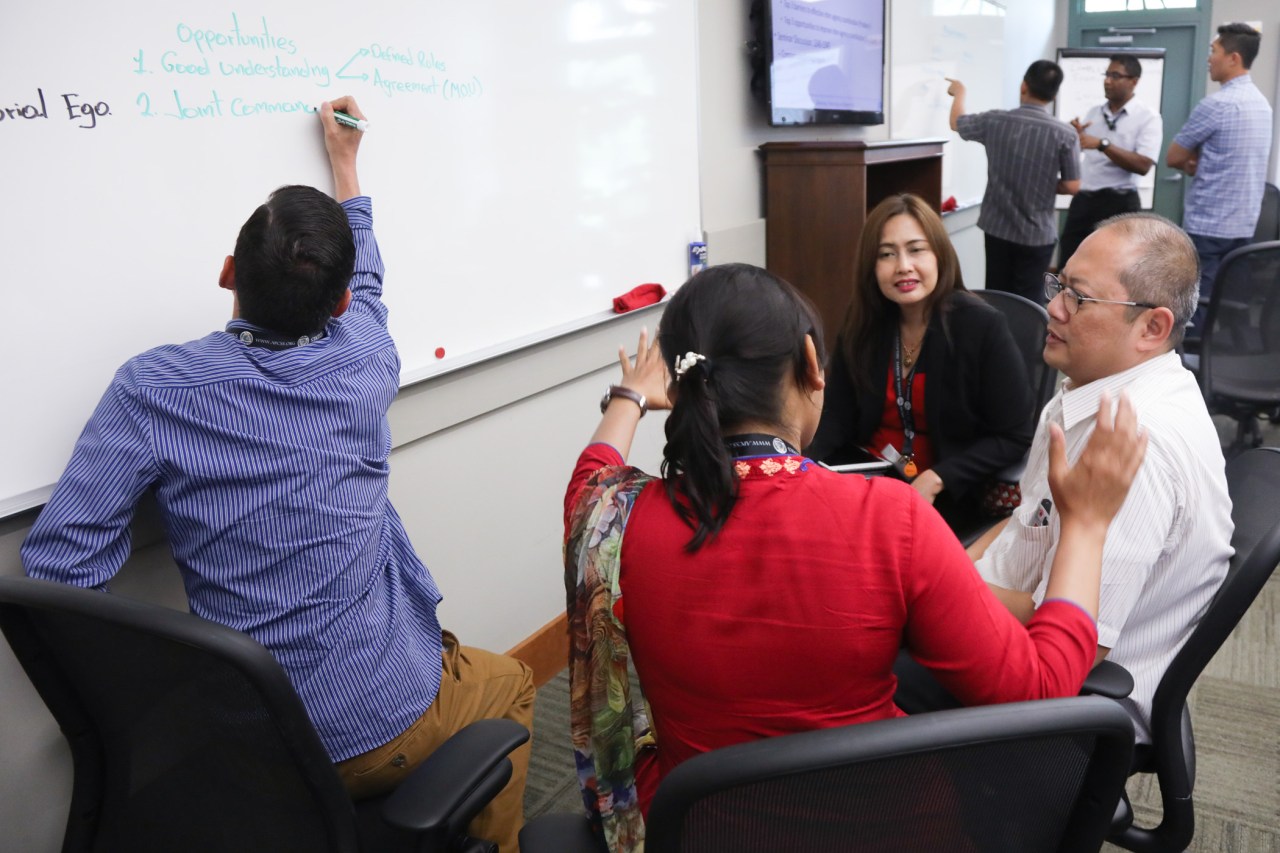
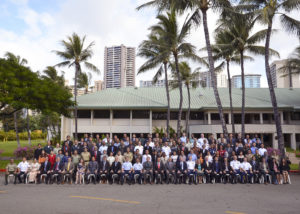
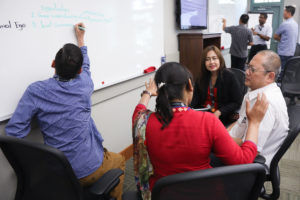
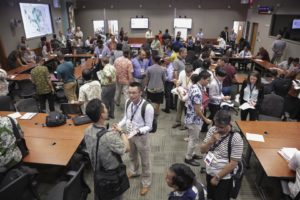
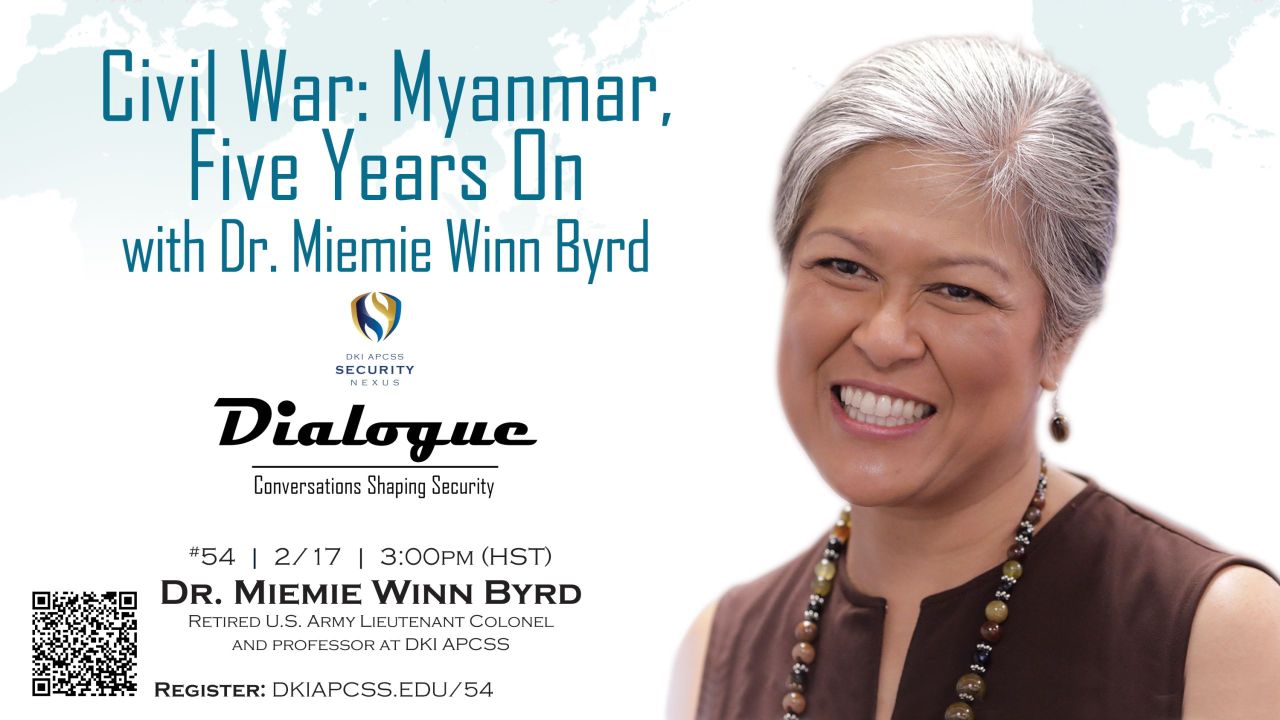
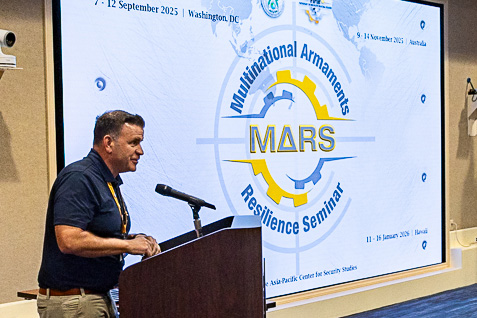
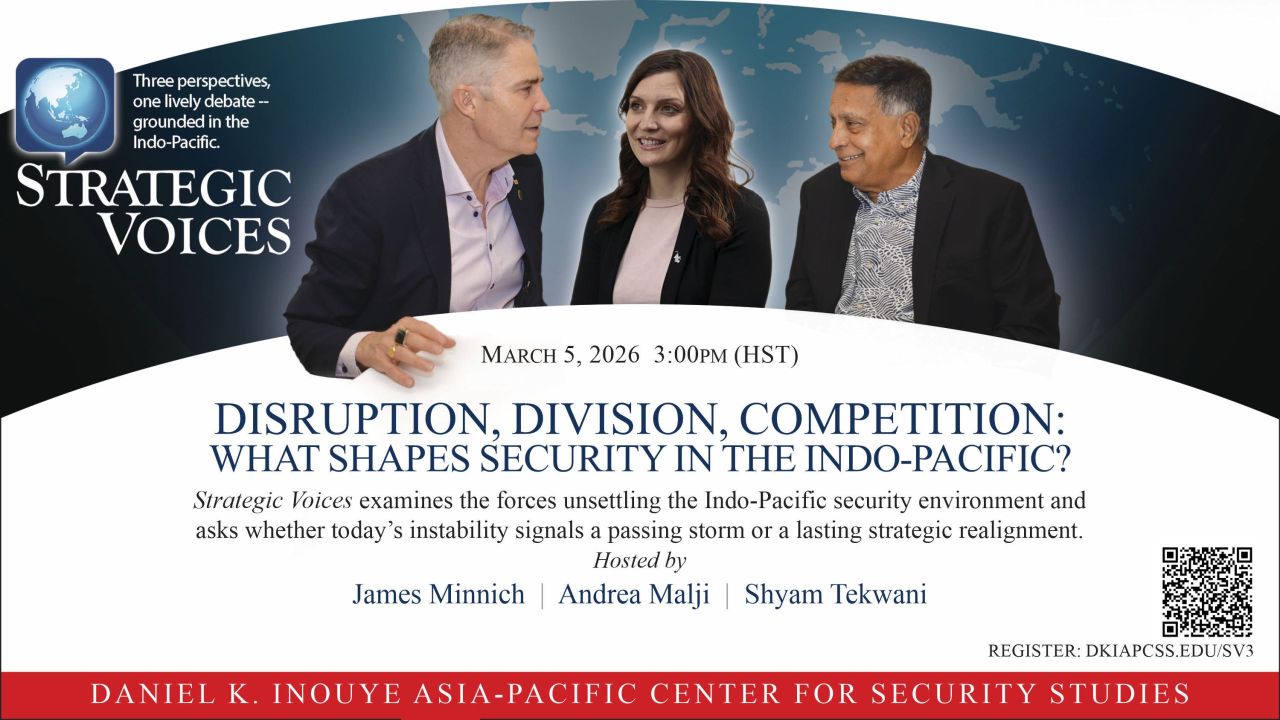




Leave A Comment